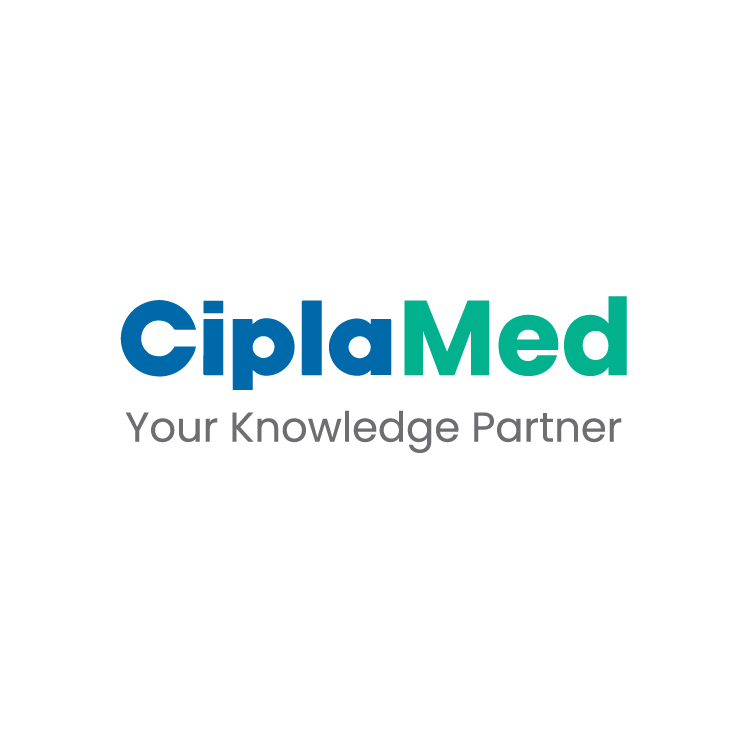Study Question: Does the presence of microbial pathogens in the endometrium affect the endometrial immune environment and ART outcomes?
Summary Answer: Endometrial pathogens were linked to poorer ART outcomes and increased inflammatory immune activity. Presence of Lactobacillus improved outcomes, potentially by modulating immune responses.
What Is Known Already:
Chronic endometritis and pathogen-dominant microbiota have been linked to infertility. Conversely, a Lactobacillus-dominant endometrial microbiota is associated with eubiosis and higher ART success. However, the impact on the immune compartment remains unclear.
Study Design:
- Retrospective cohort study involving 597 women undergoing ART between March 2016 and February 2022. Patients were distributed as follows:
- Egg donation cycles (DEgg): 258 with PGT-A, 209 without PGT-A
- Own-egg cycles (OEgg): 104 with PGT-A, 26 without PGT-A
- Endometrial samples were collected during the window of implantation (WOI) of an HRT cycle.
- qPCR was used to detect 18 microbial pathogens, 4 Lactobacillus species, and 29 immune mediators.
- Flow cytometry (n=151) assessed NK, B, and T cells.
- Microbiota classified as:
- Undetected (U, n=196)
- Lactobacillus only (L, n=263)
- Lactobacillus + Pathogens (L+P, n=74)
- Pathogens only (P, n=64)
- Clinical outcomes: βhCG+, clinical pregnancy (CPr), and live birth (LB) after euploid single embryo transfer (sET) in both PGT-A and non-PGT-A cycles.
Results:
- In DEgg cycles, pathogen-only (P) patients had significantly lower outcomes than undetected (U) patients:
- βhCG+: 39.3% vs 66.7% (p=0.002)
- Clinical pregnancy: 32.1% vs 57.1% (p=0.008)
- Live birth: 25% vs 49.2% (p=0.01)
- P group had higher:
- T cells (39.6% vs 34.3%)
- Activated NK cells (5.6% vs 4.4%)
- Proinflammatory mediators:
- Perforin 1 (+23%, p=0.01)
- Granzyme B (+38%, p=0.06)
- IL-1β (+110%, p=0.03)
- CXCL8 (+72.9%, p=0.06)
- IL-17A (+38.2%, p=0.09)
- IL-17F (+43%, p=0.09)
- L+P patients had outcomes comparable to U patients:
- βhCG+: 57.8%
- CPr: 54.5%
- LB: 48.5%
- Lower IL-17A/F expression, indicating immunomodulatory role of Lactobacillus.
Limitations:
- Retrospective design; results need validation in RCTs.
- Transcervical sampling may carry minimal risk of contamination.
Wider Implications of the Findings: Presence of endometrial pathogens promotes inflammation and reduces ART success. Lactobacillus may help restore immune balance and improve reproductive outcomes in pathogen-positive women.
ESHRE 2025, June 29 - July 2, Paris




